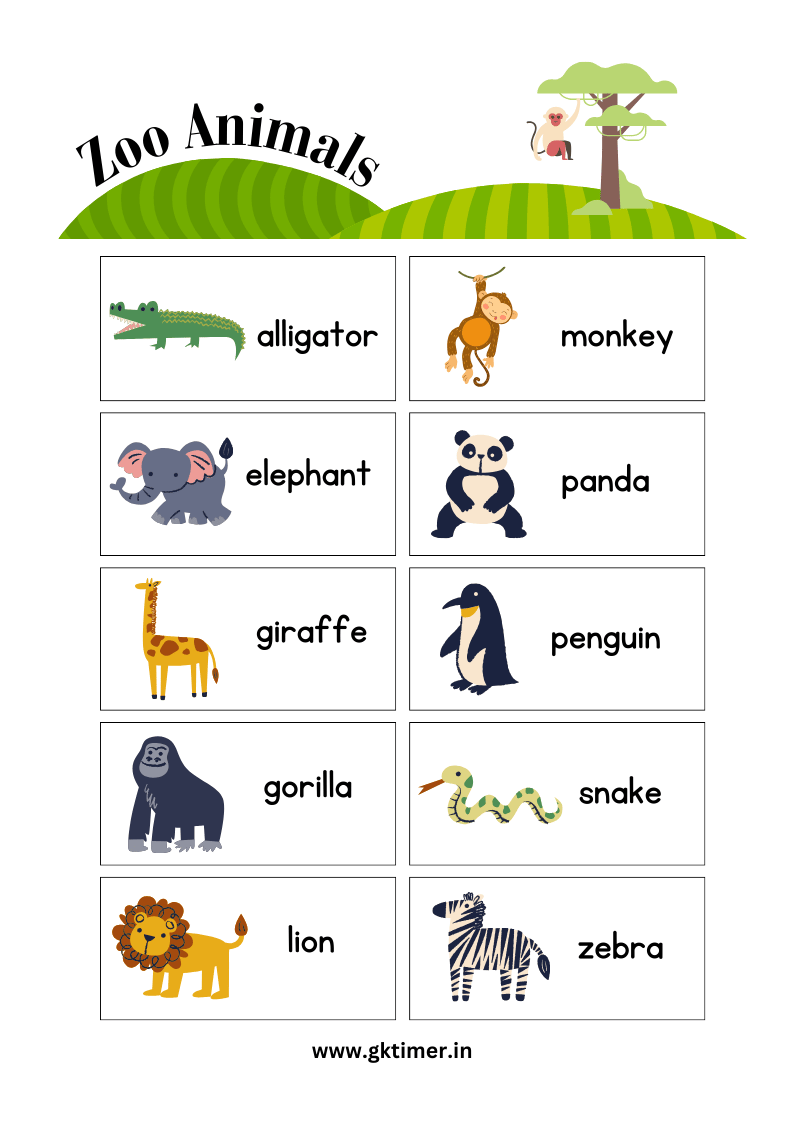91. The essential feature of democracy is giving prominence to the
Correct Answer:-C ( Citizen )
Description:- The essential feature of democracy is giving prominence to the citizen. One of the key features of democracy is that by the people, from the people and to the people. People occupy the centre stage here.
92. Which of the following writs can lie only against a person holding a public office ?
Correct Answer:-B ( Mandamus )
Description:- Mandamus is a judicial remedy which is in the form of an order from a superior court to any government subordinate court, corporation or public authority to do or forbear from doing some specific act which that body is obliged under law to do or refrain from doing, as the case may be, and which is in the nature of public duty and in certain cases of a statutory duty.
93. India is a secular state because in our country :
Correct Answer:-A ( state has no religion )
Description:- India is a secular country as per the declaration in the Preamble to the Indian Consti-tution. It prohibits discrimination against members of a particular religion, race, caste, sex or place of birth. Every person has the right to preach, practice and propagate any religion they choose. Besides, there is no state religion.
94. Which case is related to Fundamental Rights?
Correct Answer:-A ( Golakhnath vs. State of Punjab (1967) )
Description:- In the famous case of Golaknath V. State Of Punjab, in 1967 the Court ruled that Parliament could not curtail any of the Fundamental Rights in the Constitution. the issues involved in this case were: whether Amendment is a “law” under the meaning of Article 13(2) and whether Fundamental Rights can be amended or not.
95. Directive Principles of State Policy in the Indian Constitution were taken from the Constitution of
Correct Answer:-B ( Ireland )
Description:- The makers of the Constitution of India were influenced by the Irish nationalist movement. Hence, the Directive Principles of the Indian constitution have been greatly influenced by the Directive Principles of State Policy as enshrined in the Irish Constitution.
96. As per Indian Constitution, the Right to Property is a
Correct Answer:-C ( Legal Right )
Description:- The Forty-Forth Amendment of 1978 deleted the right to property from the list of fundamental rights. So it is now a legal right, not a fundamental right.
97. The success of democracy depends upon the
Correct Answer:-C ( Right to personal liberty )
Description:- Right to personal liberty is the bedrock of any democratic set up. In India, the right to life and personal liberty is available to all people and so is the right to freedom of religion. Time and again, the Supreme Court has reiterated that the word liberty is a very comprehensive word.
98. Which one of the following ceased to be a fundamental right under the Constitution?
Correct Answer:-C ( Right to property )
Description:- The Constitution originally provided for the right to property under Articles 19 and 31. The Forty- Forth Amendment of 1978 deleted the right to property from the list of fundamental rights.
99. Directive Principles of State Policy in the Indian Constitution were taken from the Constitution of
Correct Answer:-B ( Ireland )
Description:- The Constitution lays down certain Directive Principles of State Policy which though not justiceable, are ‘fundamental in governance of the country’. The concept of Directive Principles of State Policy was borrowed from the Irish Constitution.
100. As per Indian Constitution, the Right to property is a
Correct Answer:-C ( Legal Right )
Description:- The Constitution originally provided for the right to property under Articles 19 and 31. The Forty- Forth Amendment of 1978 deleted the right to property from the list of fundamental rights. It is a legal right.
101. The success of democracy depends upon the
Correct Answer:-C ( Right to personal liberty )
Description:- The Constitution guarantees that one has a right to liberty and freedom, except in accordance with the law. This means that, in general, one is entitled to own personal freedom but legislation may provide for arrest and detention in certain circumstances. Right to personal liberty is considered one of the foundations of democracy.
102. Citizens of India can vote at the age of
Correct Answer:-A ( 18 years )
Description:- The minimum age of voting in India was lowered from 21 to 18 years by the 61st Amendment Act in 1988 read with Act 21 of 1989.
103. According to Preamble, the ultimate power lies in the hands of :
Correct Answer:-D ( People )
Description:- According to the Preamble, the ultimate power lies in the hands of people of India.
104. Dual citizenship is an important feature in which form of government ?
Correct Answer:-B ( Federal )
Description:- It is a feature of federal government. Under the Fourteenth Amendment to the United States Constitution, all persons born or naturalized in the United States, and subject to the jurisdiction thereof, are citizens of the United States and of the State wherein they are deemed to reside.
105. Writs are issued by
Correct Answer:-D ( Supreme Court and High Courts )
Description:- Five writs – Habeas Corpus, Mandamus, Prohibition, Quo Warranto and Certiorari – are issued by the Supreme Court and High Courts.
106. Fundamental Duties were incorporated in the Indian Constitution on the recommendation of
Correct Answer:-B ( Swaran Singh Committee )
Description:- Swaran Singh Committee
107. In Indian Constitution, fundamental rights were taken from the Constitution of
Correct Answer:-A ( USA )
Description:- The following features of the Indian Constitution were borrowed from the Constitution of the USA: Fundamental Rights, Independence of Judiciary, Judicial Review, Impeachment of the President, Removal of Supreme Court and High Court Judges and the Post of Vice President.
108. Which of the following is a political right ?
Correct Answer:-D ( Right to Vote )
Description:- Right to vote forms one of the constituents of political participation, the bedrock of democracy. It is a political right and encapsulates several other rights.
109. Who can impose reasonable restrictions over fundamental rights ?
Correct Answer:-B ( Parliament )
Description:- The Fundamental Rights are not absolute and are subject to reasonable restrictions as necessary for the protection of public interest. They can be enhanced, removed or otherwise altered through a constitutional amendment, passed by a two-thirds majority of each House of Parliament.
110. Provisions of citizenship in Indian Constitution, became applicable in
Correct Answer:-A ( 1950)
Description:- At the commencement of the constitution of India, persons domiciled in the territory of India as on 26 November 1949 automatically became Indian citizens by virtue of operation of the relevant provisions of the Indian Constitution coming into force. The majority of the constitutional provisions came into force on 26 January 1950.
111. In which part of the Indian Constitution, the fundamental duties are enshrined ?
Correct Answer:-A ( IV A )
Description:- The Fundamental Duties are a novel feature of the Indian Constitution in recent times. The Forty Second Constitution Amendment Act, 1976 incorporated ten Fundamental Duties in Article 51(A) in Part IVA of the constitution of India.
112. What is meant by social justice?
Correct Answer:-C ( All kinds of discrimination based on caste, creed, colour and sex should be eliminated. )
Description:- Social justice is justice exercised within a society, particularly as it is applied to and among the various social classes of a society. A socially just society is one based upon the principles of equality and solidarity; and values human rights, as well as recognizing the dignity of every human being.
113. _____ are essential for liberty.
Correct Answer:-B ( Rights )
Description:- Liberty is the value of individuals to have agency (control over their own actions). The conceptions of liberty typically consist of the freedom of individuals from outside compulsion or coercion. So the active exercise of freedom and rights as essential to liberty.
114. hich one of the following is issued by the court in case of an illegal detention of a person?
Correct Answer:-A ( Habeas Corpus )
Description:- A writ of habeas corpus is a writ that requires a person under arrest to be brought before a judge or into court. The principle ensures that a prisoner can be released from unlawful detention—that is, detention lacking sufficient cause or evidence.
115. To which category right to vote belongs ?
Correct Answer:-D ( Political Rights )
Description:- Political participation is the basis of democracy and a vital part of the enjoyment of all human rights. The right of all people to vote in elections, without any discrimination, is one of the most fundamental of all human rights and civil liberties. However, since democracy is in itself a political process, Right to Vote should be counted as a fundamental political right as it is preservative of all rights.
116. Which of the following would be called a “Secular” state?
Correct Answer:-C ( The state which does not discriminate between religions )
Description:- A secular state purports to be officially neutral in matters of religion, supporting neither religion nor irreligion. It also claims to treat all its citizens equally regardless of religion, and claims to avoid preferential treatment for a citizen from a particular religion/ non-religion over other religions/non-religion.
117. Fill up : ‘Right _______ duties.’
Correct Answer:-C ( implies )
Description:- Rights imply certain duties. For example, if one has the right to follow one’s own religion, it is one’s duty to allow others to follow their own. Rights and duties are equally important and that is why our Constitution has laid down certain duties for the citizens along with rights.
118. How many Fundamental Rights were granted initially?
Correct Answer:-B ( Seven )
Description:- The Constitution of India initially recognised 7 fundamental rights: Right to equality, Right to freedom, Right against exploitation, Right to freedom of religion, Cultural and Educational rights, Right to constitutional remedies and Right to property. Under the 44th Amendment Act, right to property ceased to be a Fundamental right.
119. How liberty can be limited ?
Correct Answer:-B ( By Law )
Description:- Liberty is one of the human rights which, in the words of John Locke, consists of being free from any superior power on Earth. However, it is non-absolute and can be limited by law or restricted in certain circumstances where there is a need to take into account the rights of other individuals or wider society. The truth is modern laws permit only limited forms of liberty.
120. Most important safeguard of liberty is
Correct Answer:-A ( bold and impartial judiciary )
Description:- Liberty is the quality individuals have to control their own actions. Sociologists define the active exercise of freedom and rights as essential to liberty. There must be an independent and impartial judiciary for the protection and preservation and individual liberty. The judiciary must be independent of executive and legislative control.




